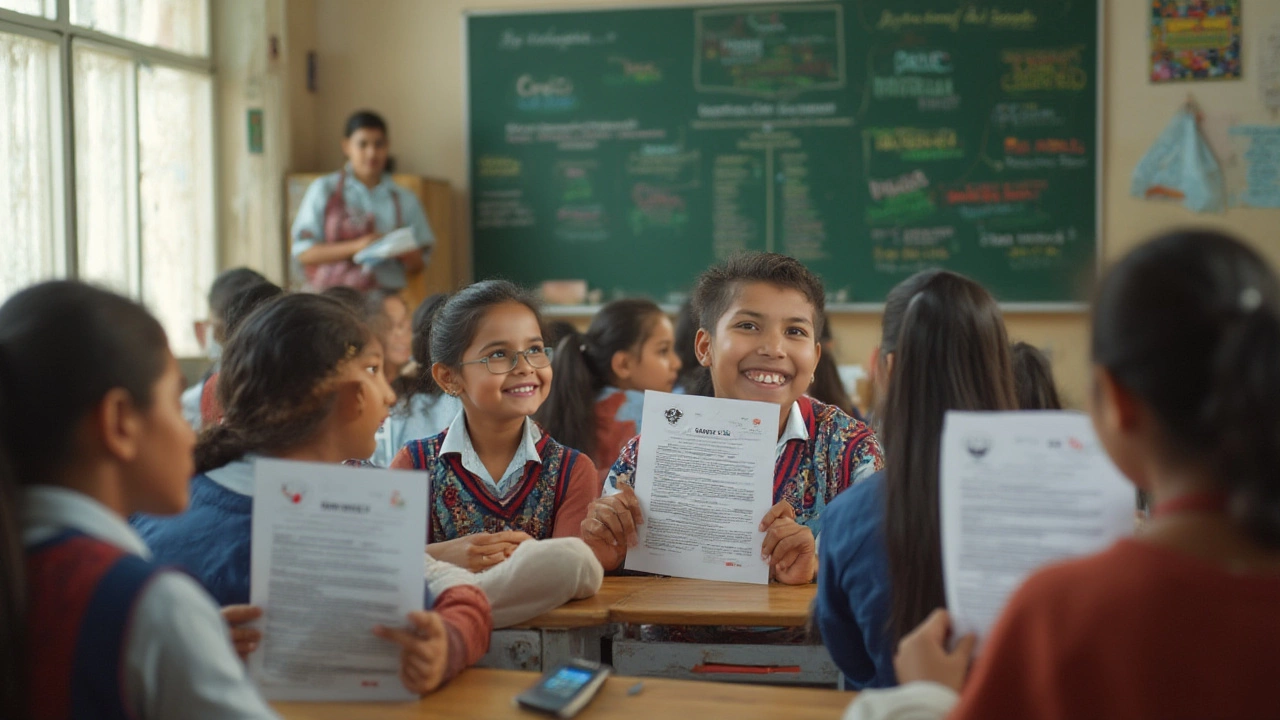Higher Secondary Certificate: What It Is, Why It Matters, and What Comes Next
When you finish class 12 in India, you earn the higher secondary certificate, a formal qualification awarded after completing secondary education, typically at age 17 or 18, and required for admission to undergraduate programs and many entry-level jobs. Also known as Class 12 certificate, it’s not just a piece of paper—it’s the key that unlocks college, competitive exams, and even some skilled jobs. This certificate comes from different boards across India: CBSE, the Central Board of Secondary Education, which runs schools nationwide and follows a standardized curriculum used by millions of students, ISC, the Indian School Certificate from CISCE, known for its rigorous English-medium curriculum and emphasis on critical thinking, and your state board, the regional education authority that designs exams and syllabi specific to your state’s needs and language requirements. Each one has its own format, grading, and recognition, but they all serve the same purpose: proving you’ve completed secondary education.
What you do after getting your higher secondary certificate depends on what you want to become. If you’re aiming for engineering, your 12th marks decide if you can sit for JEE. If medicine is your goal, your performance in biology and chemistry opens the door to NEET. For students leaning toward business or arts, the certificate is the baseline for applying to MBA prep courses or undergraduate degrees in economics, psychology, or literature. Even if you’re thinking about switching to tech—like learning web development or full stack development—many bootcamps and online courses now require proof of completion of 12th grade before enrolling. The certificate isn’t the end of your education; it’s the starting line.
And here’s the thing: your certificate doesn’t lock you into one path. A student from a state board can still get into a US university. Someone who scored average marks in science can still become a successful web developer. What matters next isn’t just the board or the percentage—it’s what you do after. That’s why the posts below cover real stories and practical steps: how to turn your 12th results into opportunities, whether you’re going for college, a coding career, or even starting your own business. You’ll find advice on what skills to learn next, how to choose the right path, and how to make the most of your options—no matter where you started.
12th Class Degree in India: Official Names, Boards, Courses & Next Steps
Confused about what the 12th class degree is called in India? Break down the official names, boards, streams, and what you need to know next—in simple terms.
